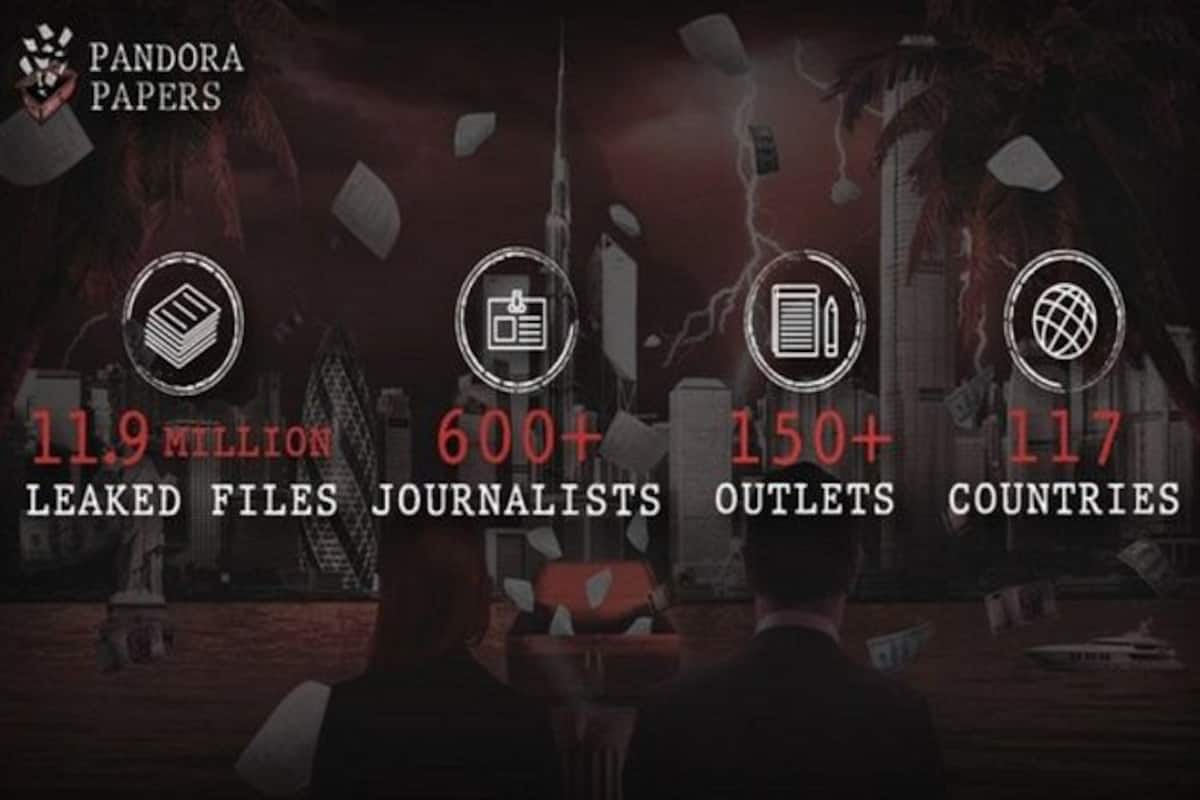“Pandora Papers” Includes 1000+ Japanese Companies And Individuals For Tax Avoidance
About a thousand individuals and corporates from Japan have found their way into the ICIJ’s Pandora Papers.

The names listed in documents obtained from the International Consortium of Investigative Journalists or ICIJ also mention Takeo Hirata, who was the former chief of the Cabinet Secretariat section responsible for advertising Olympics as well as the Paralympics.
Takeo Hirata
The documents, also known as “the Pandora Papers” by the Washington-based ICIJ, are private documents leaked by different organizations, including trust companies and law firms specializing in managing and establishing businesses within tax-havens.
Kyodo News is a media partner from Japan in the ICIJ project that gained attention following the leak of similar documents dubbed as the “Panama Papers” in 2016. It also raised the spotlight on the tax avoidance issue by the wealthiest individuals and corporations.
The documents show that Son bought a commercial jet in 2014 through the company founded in 2009 in the Cayman Islands, which is a British territory and also a tax haven for corporations.
Masayoshi Son; Founder of SoftBank
The aircraft’s ownership was transferred to a U.S. trust company, and Son is responsible for paying fees each time he uses the plane per a lease agreement.
There is a possibility for anyone in this situation to lower their tax-deductible income by paying the usage charges of the aircraft, even if they own it, because the costs are practically the losses as per financial and legal experts.
A SoftBank spokesperson denied that Son processed the fee in this manner. Son’s Cayman Islands company is a subsidiary of the Japanese company led by Son, and the lease agreement has nothing to do with tax avoidance.
Similarly, the Pandora Papers revealed that Hirata founded a business within the British Virgin Islands in 2004 while he was chief secretary to the Japan Football Association. The company got dissolved later in the year 2008.
Some of these names used to work at High Government Post
Hirata, an ex-bureaucrat of the Ministry of International Trade and Industry, told the BBC that he had heard about tax havens from the negotiation partners he worked on oil-related issues and soccer.
“I wanted to learn what it was like. I did not move any money even once,” said Hirata.
In August, Hirata gave up his position in the Cabinet Secretariat section promoting the Tokyo Games following a weekly publication report that said he utilized a government vehicle for golf lessons and went to classes at zero cost.
Similarly, George Hara, a venture capitalist who served as a special advisor of the Japanese Cabinet, owns a firm in the Virgin Islands.
George Hara
Hara said the company existed barely to meet the requirements for starting new businesses in different countries when asked about the matter.
The documents show that the company, with the primary goal of investing in activities in Japan, was able to hold assets at $31 million in 2017. However, Hara challenges that figure.
A former senior executive from the now-defunct Japanese chemical firm owns an entity in the Virgin Islands with assets worth approximately $12.7 million. The company supposedly manages a foundation located in Liechtenstein.
“I donated it before the bankruptcy. I don’t know what happened to it afterward, and the company is not mine,” the former executive said to Kyodo News.
Takao Yasuda
In 2013 The Don Quijote discount store chain announced that its founder Takao Yasuda planned to sell shares in the company to an entity located in Singapore. The files now show that the company to which Yasuda sold shares to, actually belongs to the man himself.
Also read about 90-year-old bureaucrat jailed for 5 years for killing 2 people
